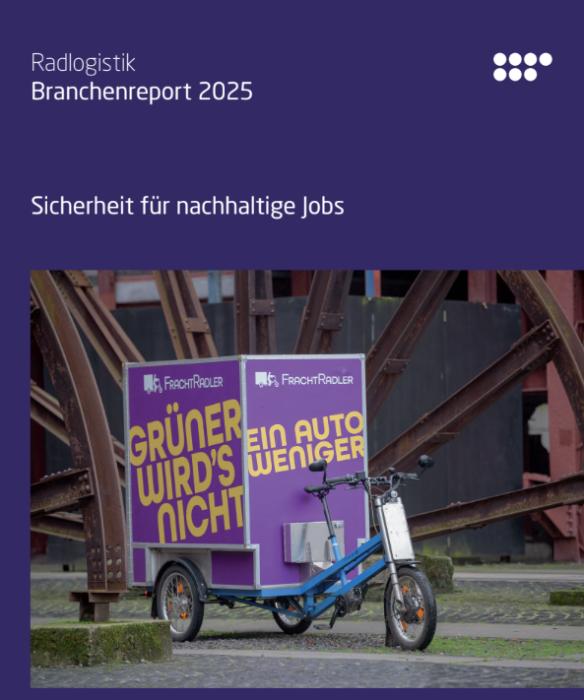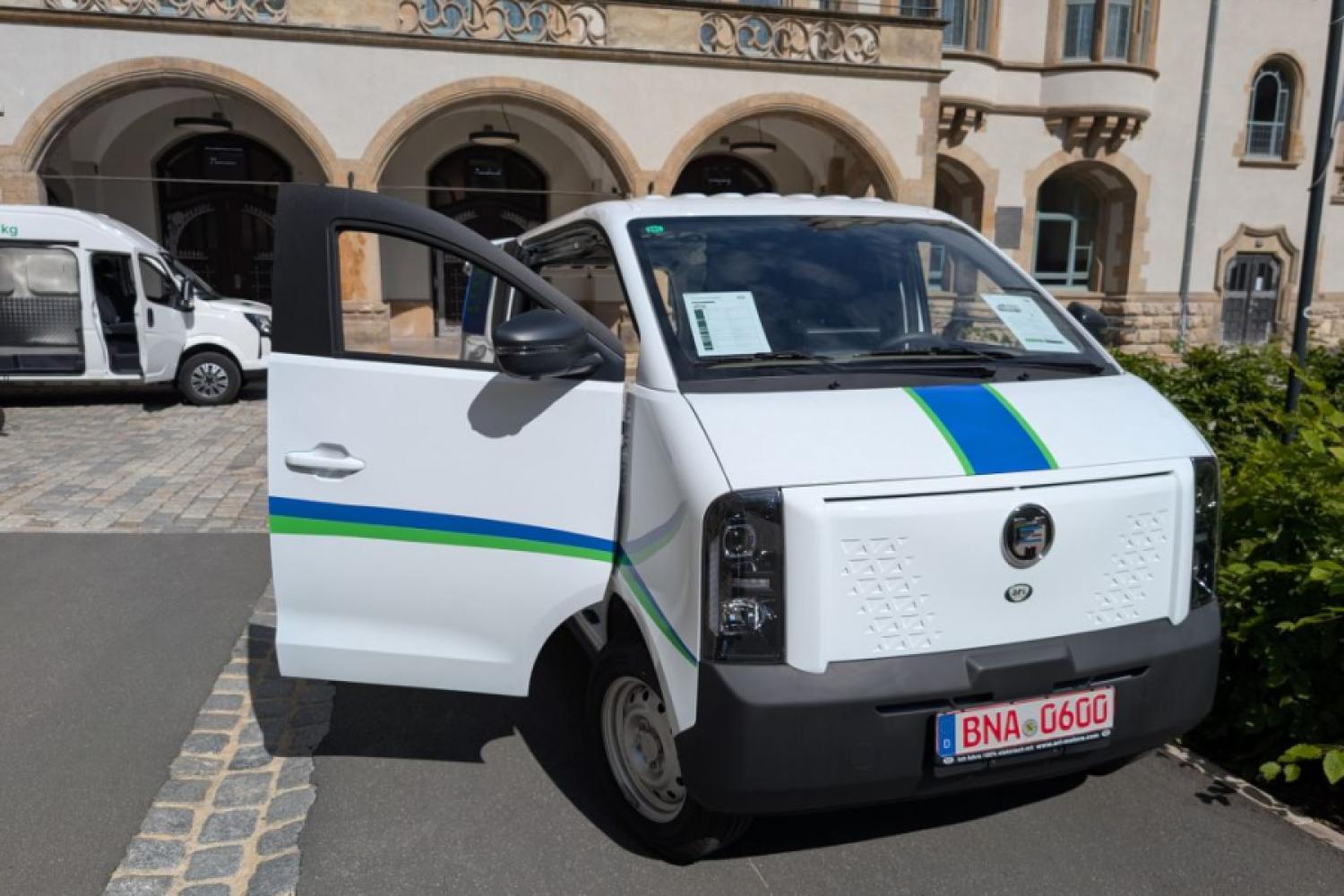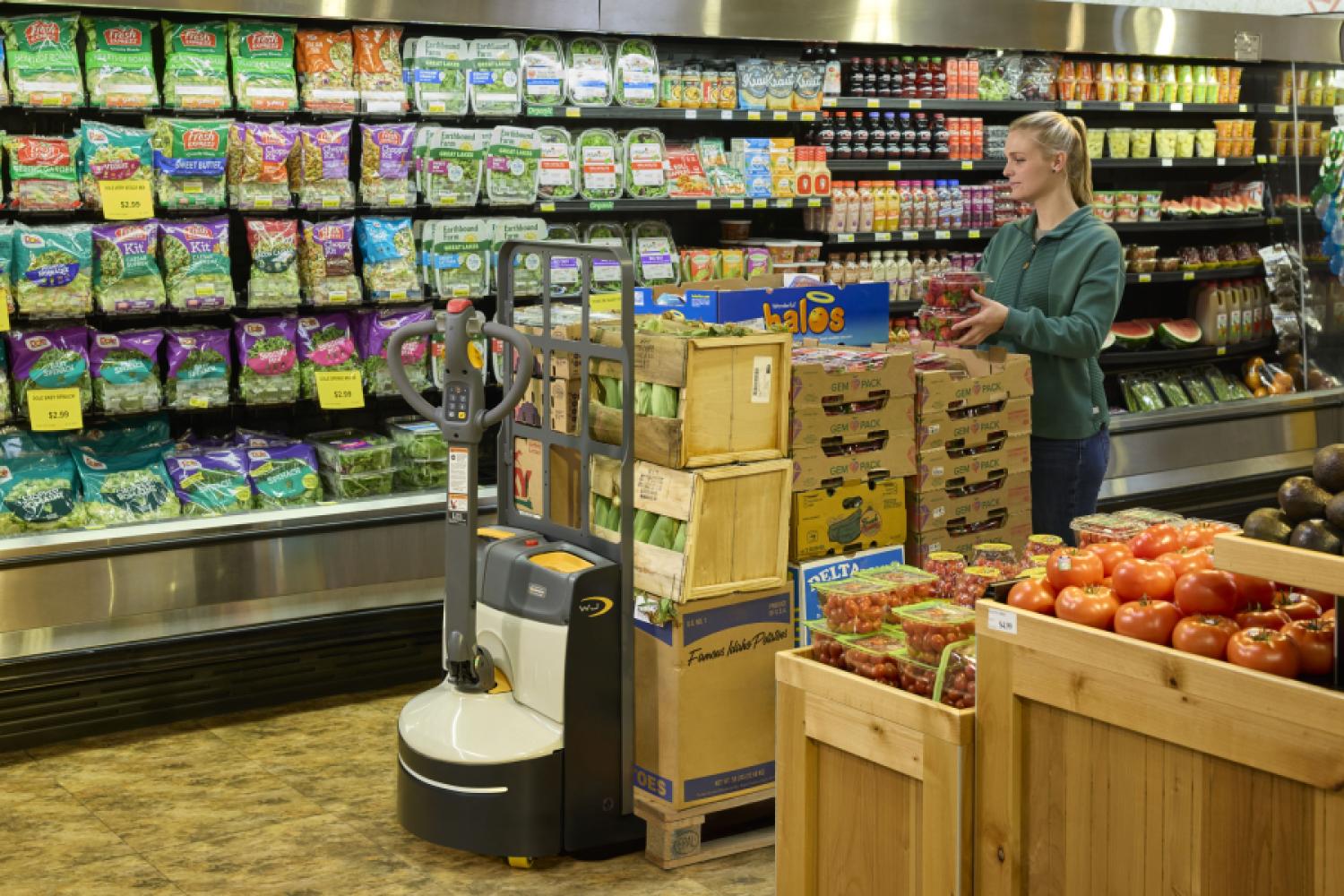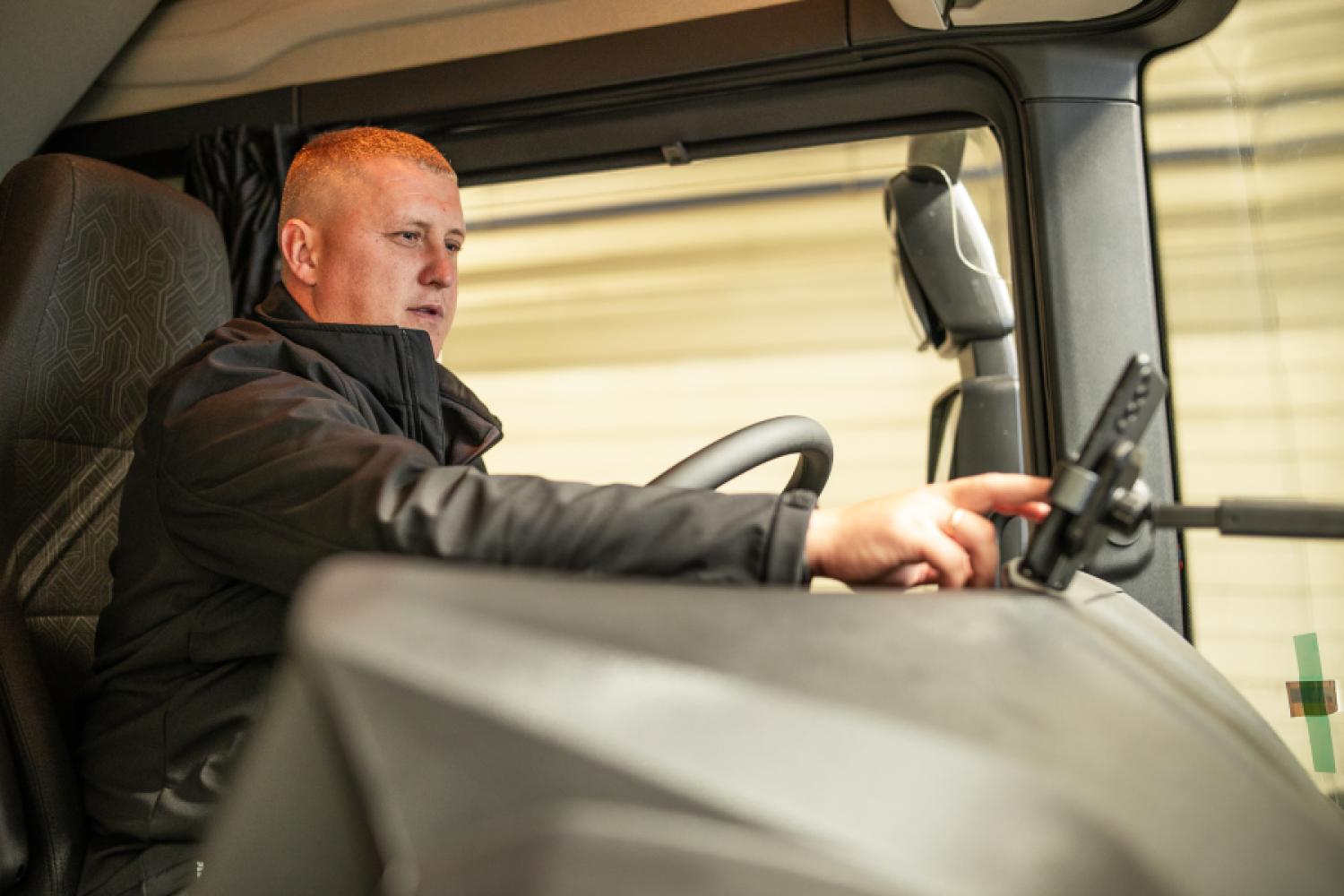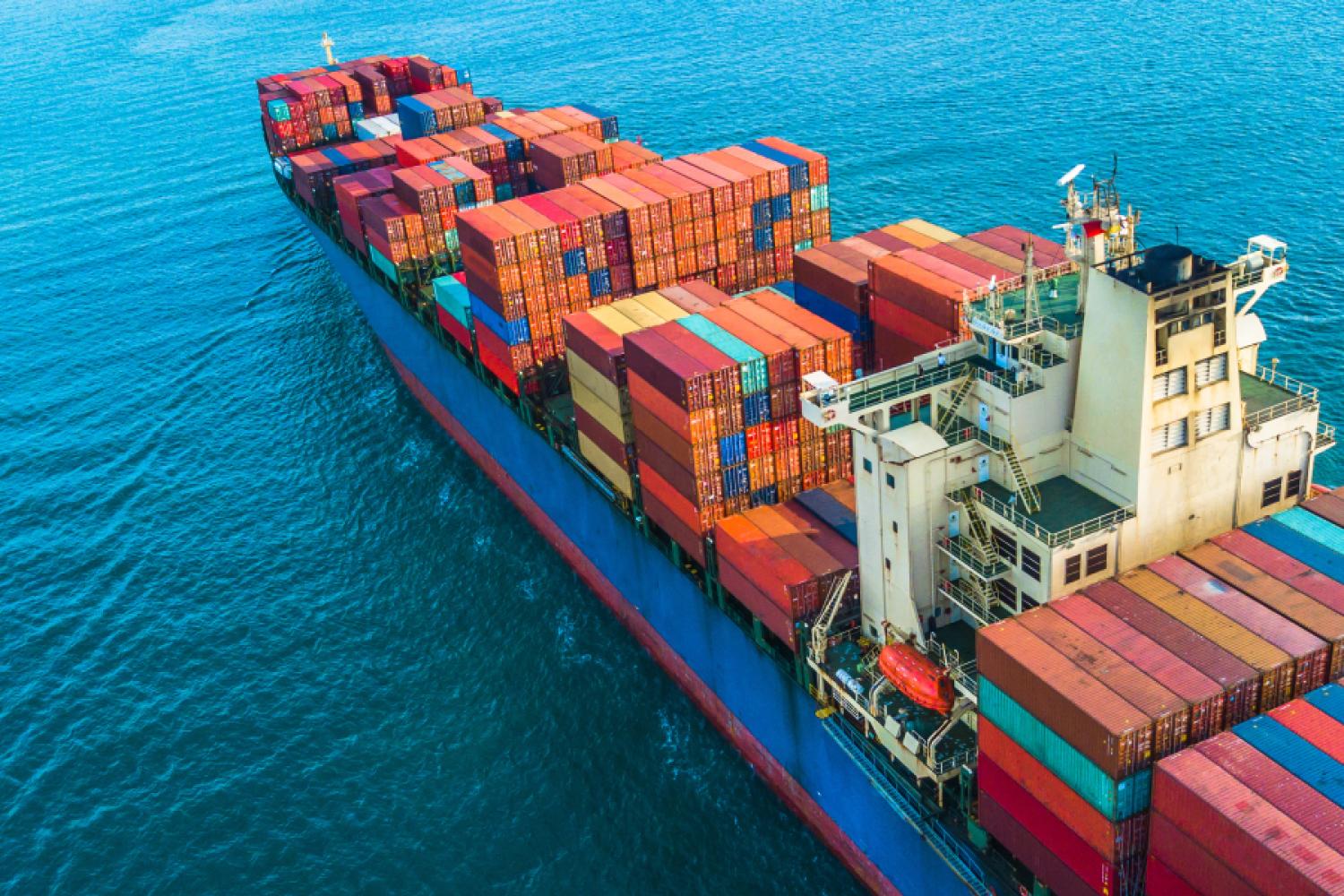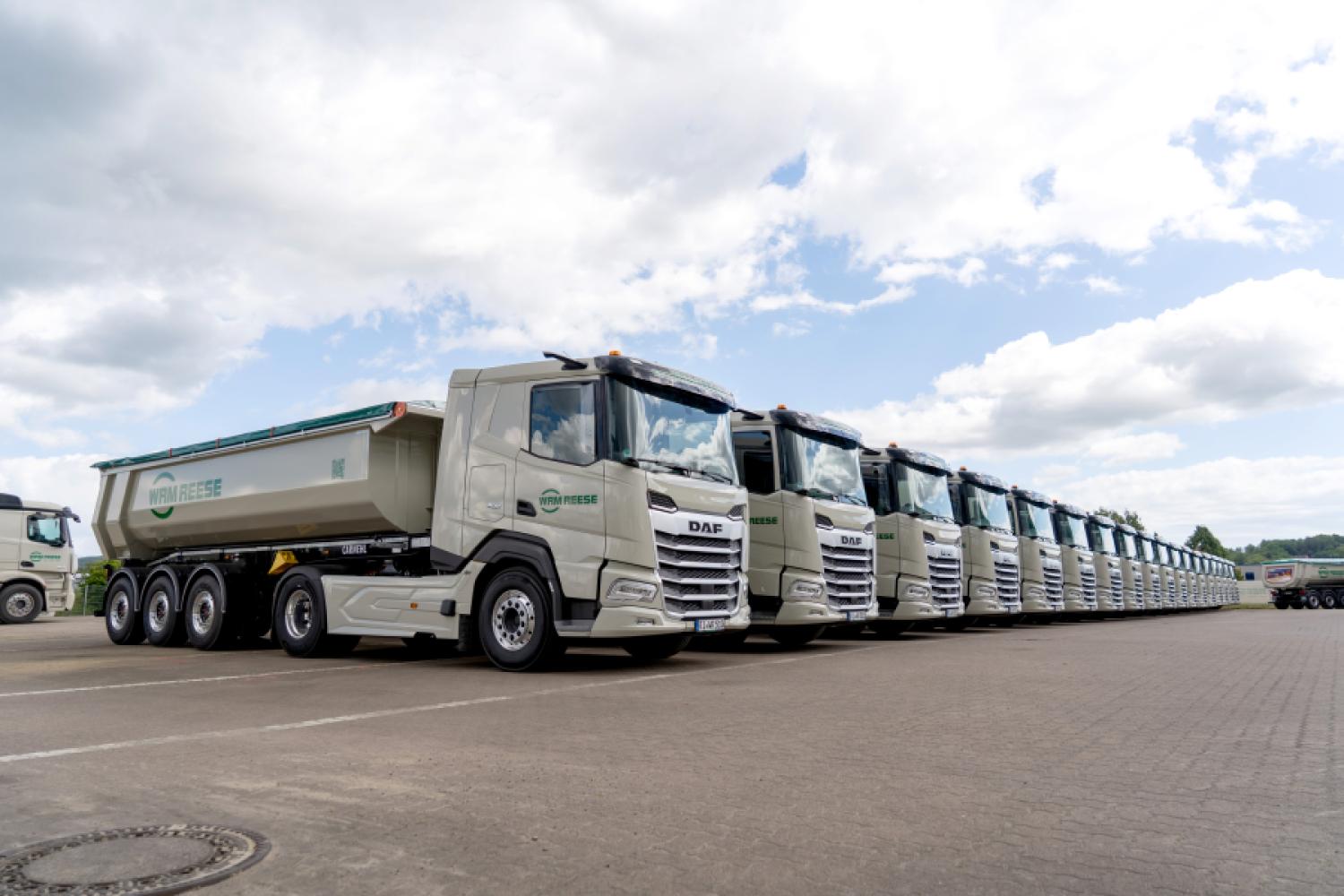The bicycle logistics industry in Germany continues to grow and create sustainable jobs: According to the industry report 2025 released today by the German Bicycle Logistics Association e.V. (RLVD), approximately 6,000 people were employed in the bicycle logistics ecosystem nationwide in 2024 – an increase of twelve percent compared to the previous year. At the same time, the industry makes an important contribution to traffic safety: The low accident numbers clearly speak in favor of bicycle logistics, with only a few accidents involving cargo bikes from the industry being registered.
"Bicycle logistics not only creates secure jobs in the saddle but also makes the jobs of others on the road safer," emphasizes Tom Assmann from the RLVD board. The overall low accident rate shows that bicycle logistics is an urban and socially compatible alternative in urban commercial transport. The industry enables people
without a driver's license to work in logistics and thus acts as a strong integrator in the job market – especially for migrants and other groups.
Growth despite difficult conditions
Despite ongoing political uncertainties, the bicycle logistics industry remains robust: Total revenue rose in 2024 to around 190 million euros (up 4 percent). Forty percent of the companies surveyed expect an increase in their number of employees in 2025, signaling further growth. The ecosystem now includes 254 identified institutions, from operational bicycle logistics companies to manufacturers and specialized service providers.
"The appeal to politics remains: better conditions must be created for the bicycle logistics industry," emphasizes Prof. Christian Rudolph, co-author of the study. Sustainable and safe innovations on the road require better market design.
The participating companies specifically demand from the new federal government, among other things, a "Sustainable First" principle for
public tenders, the cessation of climate-damaging subsidies such as the diesel privilege, or nationwide uniform regulations for planning micro-hubs. The main demand of the companies remains the consistent restructuring of bicycle infrastructure into continuous bike lanes at least two meters wide. The funds for this should be provided in the special assets. Additionally, the expansion of financial support for cargo bikes to leasing continues to be demanded.
The results of the industry report will be presented on Thursday, June 26th at Eurobike during the 6th National Bicycle Logistics Conference. The Bicycle Logistics Industry Report 2025 is based on a survey of 43 companies and was created in cooperation with the University of Applied Sciences Wildau. It provides comprehensive data on the development of the bicycle logistics ecosystem in Germany.
About the German Bicycle Logistics Association e.V.:
The German Bicycle Logistics Association (RLVD)
aims to advance the use of modern cargo bikes and trailers in logistics and represents the interests of logistics innovators. The German Bicycle Logistics Association e.V. was founded in September 2018 in Berlin and has over 80 members. It is registered as a non-profit association based in Berlin and is part of the Cycling Industries Europe association. The German Bicycle Logistics Association is the voice and network platform of the bicycle logistics ecosystem.
About TH Wildau:
The BMV Foundation Professorship for Bicycle Traffic in Intermodal Transport Networks at TH Wildau qualifies students within the framework of its own master's program to become future-oriented bicycle traffic planners using innovative teaching and learning concepts. One of the research focuses is in the area of bicycle logistics. The professorship aims to actively shape the mobility transition and promote safe, non-discriminatory mobility for all population groups.
